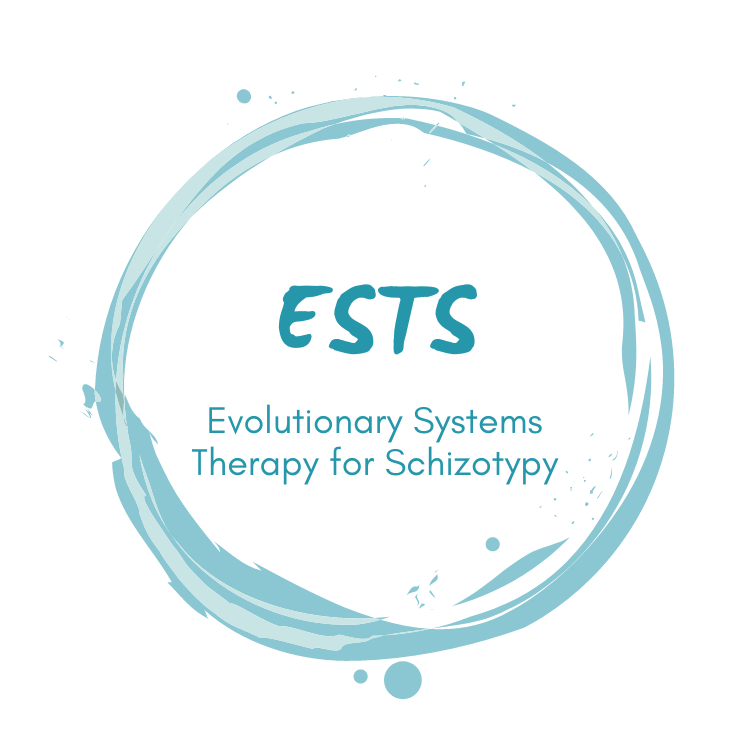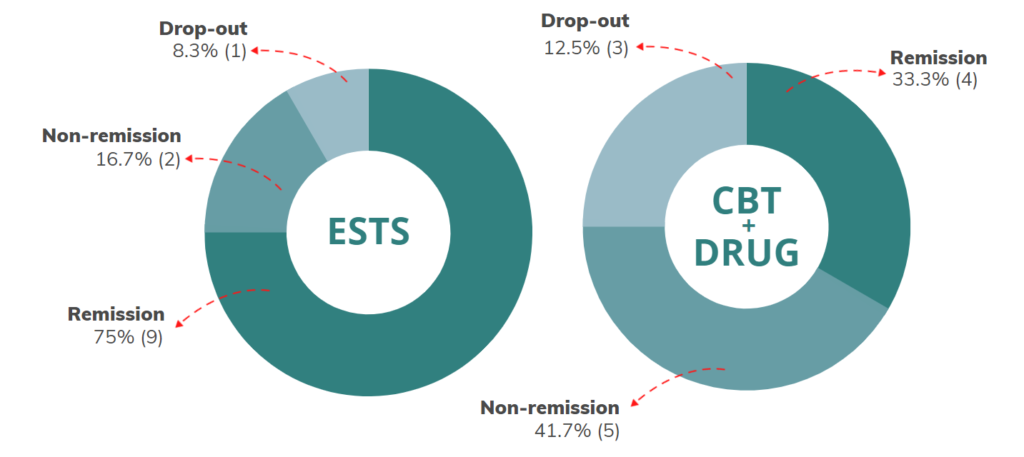How to treat clinical manifestations of schizotypy? In an upcoming book, we try to anwser to this fascinating and elusive question. Paul H. Lysaker and I are the co-editors of a book to publish by Springer. The manuscript is finally in the hands of the production editor.
In the last year, Paul and I have involved twenty diverse teams of researchers and clinicians to address this question. Indeed, schizotypy represents a unique paradox. On one hand, we know that one out of ten persons presents schizotypal traits. On the other hand, there are no guidelines for treating schizotypal personality disorder or the clinical onset of schizotypal traits.
We don’t want to spoil the new book, but Paul and I have organized the contributions into three sections: (i) an introductory section discussing schizotypy as a feature of personality and psychopathology; (ii) a section dealing with 5 transdiagnostic processes relevant to schizotypy (attachment, mentalization, metacognition, self-criticism, interpersonal criticism); (iii) a concluding (and also the most extensive) section where numerous therapeutic approaches to schizotypy are presented.
To our knowledge this is the first book adressing clinical conceptualization and treatment of schizotypy, Despite several amazing books and papers have been puslished about, limited attention has been paid to the previous question, that is: How to treat clinical manifestations of schizotypy?





